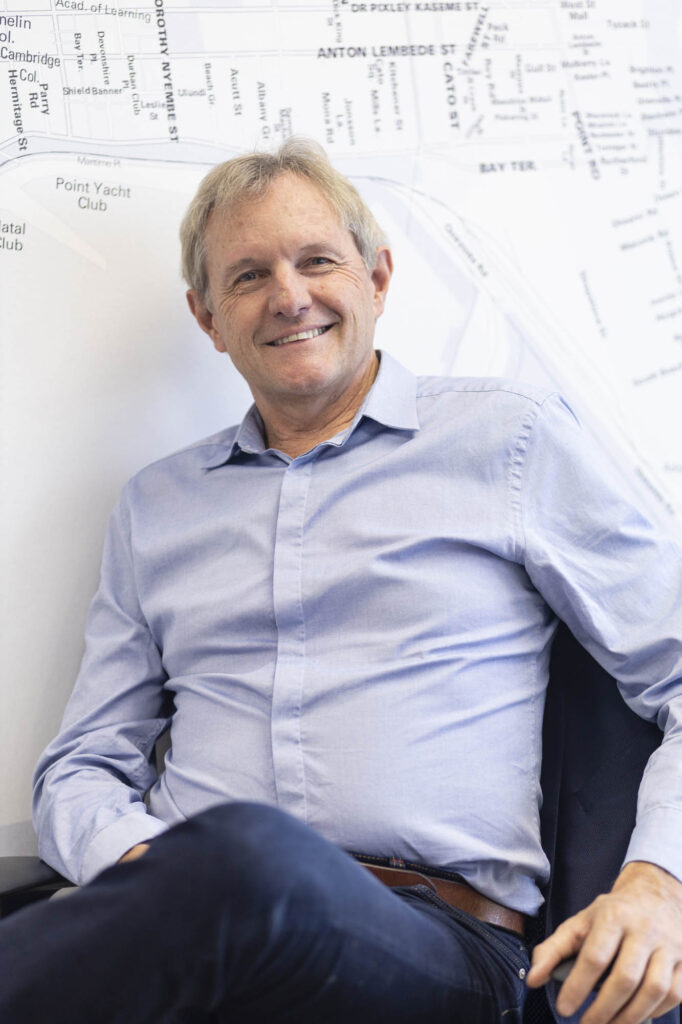Reliable and affordable low-cost medical cover for employees is already available, and
corporate South Africa has been slow to embrace these innovative products, says Dr Reinder
Nauta, the Managing Director of healthcare administrator and managed care organisation
National HealthCare Group.
Nauta was responding to the decision by the Board of Healthcare Funders (BHF), the
representative organisation for the healthcare funding industry, to ask the North Gauteng High
Court to compel the Council for Medical Schemes (CMS) to allow medical aids to offer cheap
versions of their products covering essential primary healthcare services.
The court heard the BHF application on 28 January and reserved judgment, but the CMS – the
government-appointed regulator for the private healthcare funding industry – said the solution to
the problem lay in the hands of BHF members. It said it had rejected the low-cost benefit
products proposed by medical aids because they did not offer members adequate financial risk
protection and did not address South Africa’s disease burden.
Nauta, National Healthcare’s Executive Chairman who took over as Managing Director in
February, says the company has proved that it is possible to offer comprehensive primary care
for as little as R149 a month.
“Medical aid premiums have just risen by an average of 10.7%, more than twice the rate of
inflation. Employers and individuals are struggling under the burden of more expensive monthly
premiums and medical aids are losing members who can no longer afford their products,” he
says.
“The greatest need in these challenging times is for efficient, quality health cover that will not
only stand businesses in good stead by reducing absenteeism and strengthening the bottom
line, but also build morale, loyalty and good labour relations.”
Nauta added that the reported informal agreement in the government of national unity to drop
sections of the National Health Insurance law that could collapse medical aids should be an
added spur to introduce low-cost benefit products.
A new ministerial advisory council will be tasked with determining how NHI funding would work,
and Planning, Monitoring and Evaluation Minister Maropene Ramokgopa told the media last
week. “The NHI is agreed upon, but the implementation part of it … is what will be ironed out.
But we agreed we can't cut the private sector out; we have to find a way of collaborating with
them."
Nauta said medical aids had been living under a cloud of doubt about their future but that had
now gone. “Now they can focus on growth, and the low-cost market is the obvious place to look
for it.”
National HealthCare was launched in 2018 with backing of Patrice Motsepe’s African Rainbow
Capital, and Invenfin, the venture capital arm of Remgro. It provides the lower-cost and
emerging markets with easy access to affordable and reliable medical services through a
network of more than 12,000 doctors, pharmacies and other service providers.
Three products with different levels of cover are provided to tens of thousands of people through
their employers – including 4,000 staff at the quick-service restaurant chain Hungry Lion, one of
the first companies to sign up with National Healthcare.
“Each member has unlimited, instant access to telemedicine via a WhatsApp chat with qualified
nurses or doctors,” says Nauta. “Where needed, members will be referred to a network of more
than 3,400 private doctors for an in-person consultation. In addition, employees can also access
more than 8,000 other healthcare providers, including 3,500 pharmacies throughout South
Africa.”
Individuals can get cover by signing up for MediClub, an insurance product, either directly or
through a distributor such as TymeBank, Genric and Old Mutual. Nauta says some of them
have never belonged to a medical aid, while others want to add an affordable day-to-day
healthcare insurance product to their existing hospital plan.
“Consultations begin with a WhatsApp conversation with a professional nurse. When you tell the
nurse what you are experiencing, you will get immediate professional advice, over-the-counter
medication will be organised for you if you need it, and a doctor’s appointment will be arranged
where necessary,” he says.
Having recently concluded a successful capital raise from its shareholders, Nauta says National
HealthCare’s priorities in 2025 are to accelerate the growth of its distribution partnerships, which
also include numerous brokers, and to invest in its technological platforms.
NMG Consulting principal actuary Gary Scott says the market for affordable private health
insurance is potentially enormous. “The latest StatsSA Quarterly Labour Force Survey says
there are 16.9 million people in employment,” Scott says.
“Private health insurance is of interest to all these individuals and their employers, as medical
aids are at this stage restricted, hence the court case. We believe this novel, affordable
approach – supported by an innovative use of technology – is the game-changer South Africa
needs.”
Adrian Basson, the CEO of Hungry Lion, says the company plans to open 150 additional stores
and reach 10,000 employees in 2025. “Every one of these team members will be covered by
private medical insurance from National Healthcare,” he says.
“It’s an enormous comfort for us, as an employer, to know the healthcare needs of our people
are being taken care of in such an affordable and efficient way,” concludes Basson.

